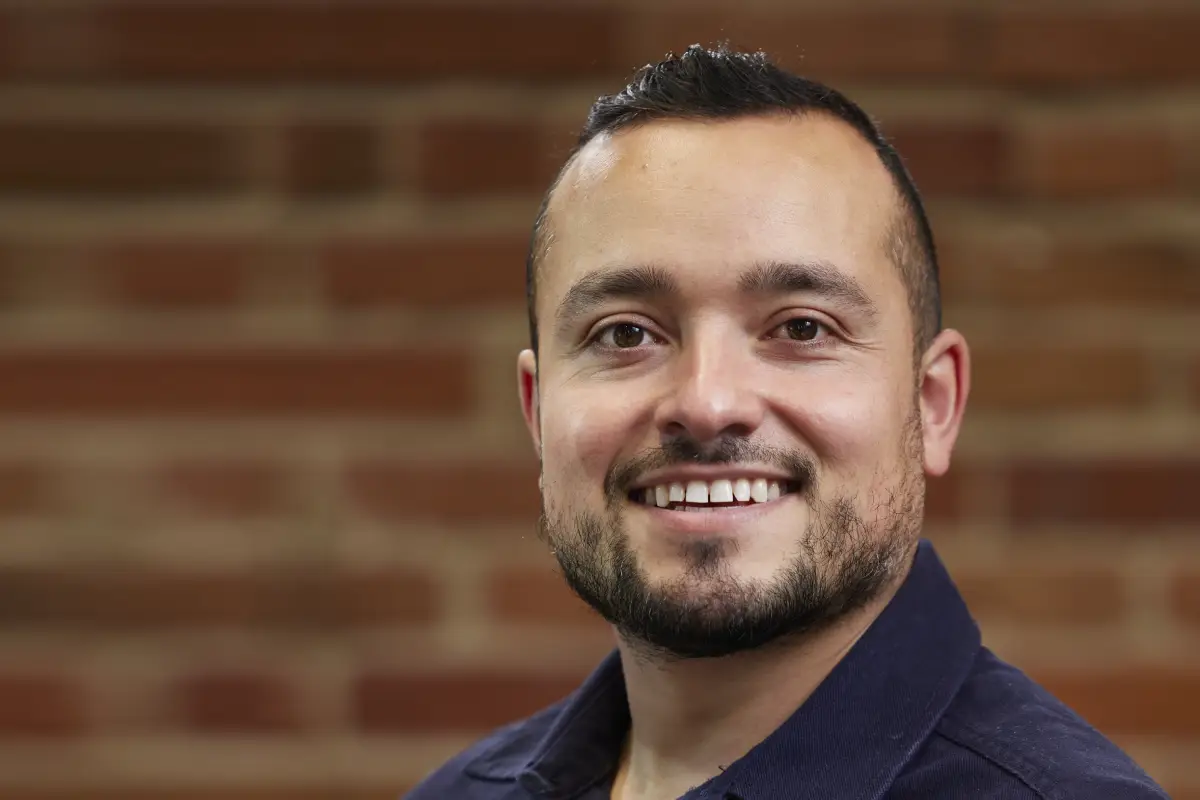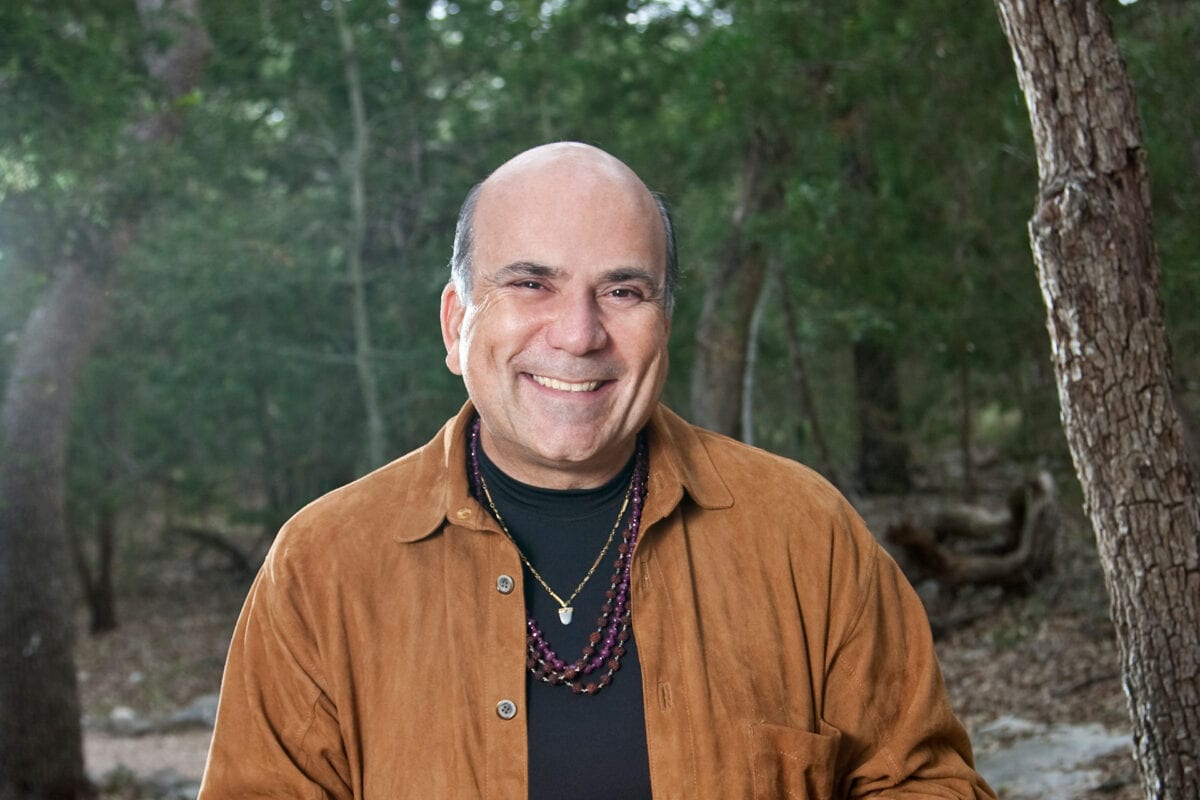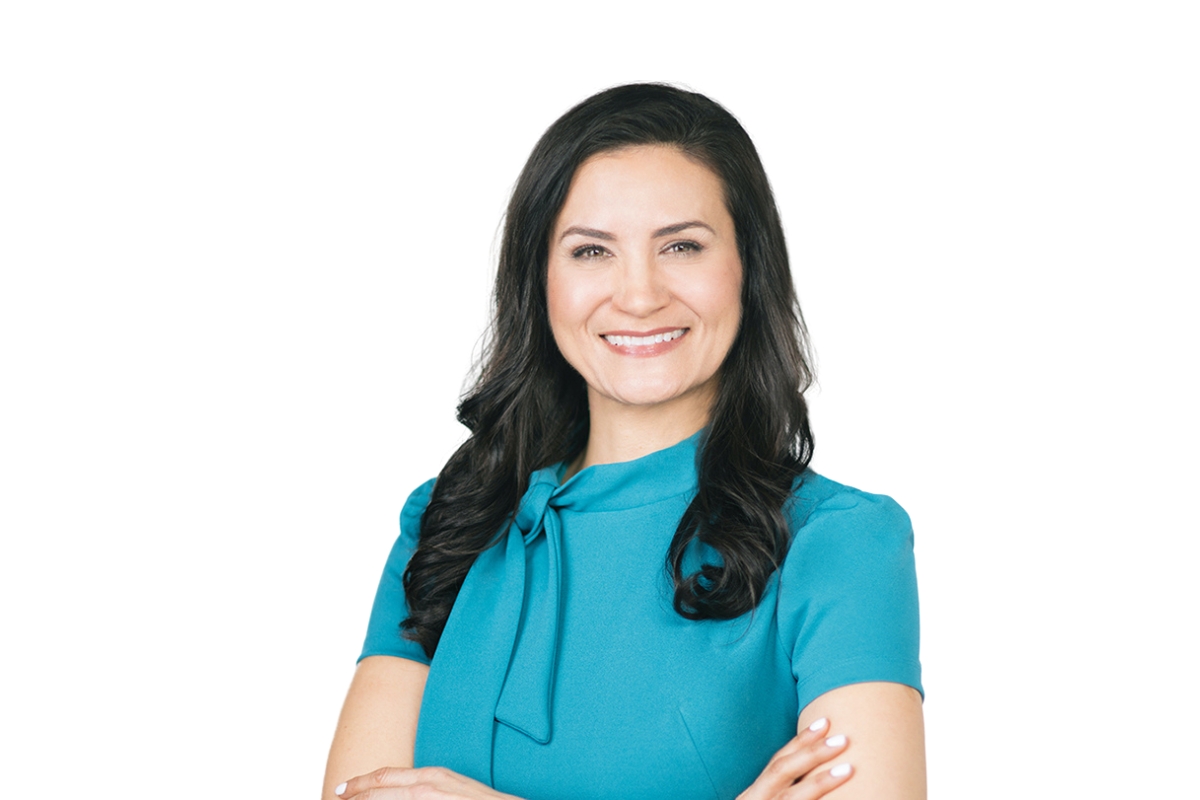Good food brings people together; Jesus Gonzalez Rivas Jr. knows this well. When his parents, immigrants from El Salvador, opened their grocery store along with two other families, it was the first business in western Canada to offer imported food products from South and Central America. Since then, Paraiso Tropical has become a cultural hub and the go-to spot for Latin American food in Edmonton.
Thirty-one years later, they’ve expanded, and now Jesus Jr. runs the business. The stores represent spaces where the Latin American community can connect with and celebrate their culture. Jesus Jr. said his goal is to create a unique legacy for his family, the Hispanic community, and the city of Edmonton.
Below, Gonzalez Rivas spoke about the importance of community in his business and how the pandemic has affected things.
Why did you decide to get involved in the family business?
There wasn’t one specific reason. Having grown up with the business since I was a kid, there’s family history, and I was having a hard time letting go. I was at a career crossroads myself, where I was debating what I wanted to do after graduating. I had the opportunity to continue in the career that I was studying for or to take on the business and take it to a different level. It was the belief that the business could keep growing. It was the history of the business being here in Edmonton, and as I started to manage it, I was really enjoying the progress and growth we were making.
What does it mean to you to have built a community around your business?
When I took on the business, there were maybe like four or five employees. Now, we have a team of 24. It’s great to see that team environment in our business, to see that growth. I always put myself in situations where I work around others. The philosophy of my life is, “the more, the merrier.” It’s great that I can walk into my store and have a great team of people with positive attitudes. That’s on the employee level.
But I’ve also wanted to foster the community around my business, specifically in the areas where my businesses are. When you have a community of people that surround your business, physically or metaphorically, I think it’s easier if the support you get is organic. You can advertise all you want about your business and how great it is, but it means so much more when someone hears that from someone else. When you have people that rally around your business that way, it’s much easier to grow your business. When you walk into a place and you feel that good energy, you want to be involved in that.
Can you tell me about some of your business partnerships, and how they have helped your business grow?
I’ve been very blessed that I didn’t create the business; I helped foster its growth, but the business was created by my parents. They established these long relationships over time, with different vendors and suppliers, and to this day we work with them on a regular basis.
Some of them worked with my dad. One of the suppliers who’s now passed away, I work with his son. They do a lot of manufacturing of goods for us, and we’re able to import into Canada.
When you have that history and relationship, it makes it easier to engage in business and maybe collaborate on many levels. When you’re approaching a new supplier and you don’t know each other, you’re limited in the things you can do.
It’s great. You call them once a month, see how things are doing, and it’s been years.
Did you experience any supply chain issues throughout the pandemic?
Definitely. We’re experiencing them to this day. It’s a big challenge and has been a drastic change, for all businesses. There’s no consistency — inflationary pricing — and that instability in pricing makes everything else in your business more unstable.
How do you think the pandemic has changed people’s relationship to food?
I don’t know to what extent it may have changed it, but I definitely think it could have reinvigorated people’s passion for cooking and home-cooked meals as opposed to ready-made meals. I think it gave us the opportunity as a team to gravitate towards what people were wanting. So, the way we just advertise our products, you know: “pair it with this,” “add it to this recipe.”
Good food is something that people gravitate toward. I think the need to explore new food is what draws people to our business, so it was an opportunity for us. It’s not just Hispanic people that want to buy our foods, it’s everyone. And so, we’ve had to adjust and cater to that, our business model has gravitated to providing that experience to new customers.
Marcus Medford | Contributing Writer




















